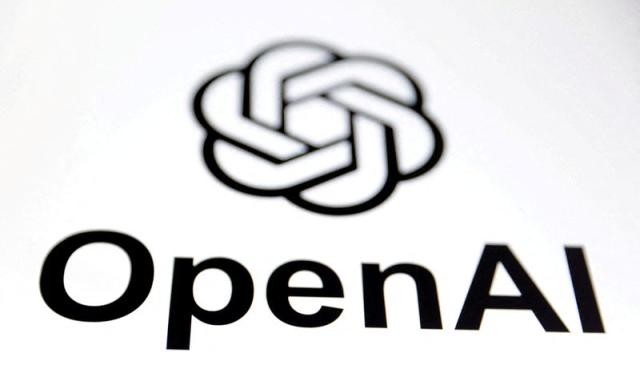
In a bold proposal aimed at maintaining America's competitive edge against China, OpenAI has released a new economic blueprint that calls for unprecedented data sharing between the U.S. government and AI companies.
The 15-page document, titled "AI in America: OpenAI's Economic Blueprint," outlines a vision where federal agencies would feed both public and sensitive information into AI systems. The company argues this approach is necessary to prevent AI leadership from falling into the hands of "autocrats."
Chris Lehane, OpenAI's vice president of global affairs, emphasized the economic potential, pointing to job creation in data centers, chip manufacturing, and power plant construction. The blueprint specifically requests access to national security information, including details about security threats and testing results of various AI models.
The proposal comes at a pivotal moment, as the Biden administration rolls out new regulations that restrict AI companies' interactions with different nations. Under these rules, while the U.S. and 18 allied countries face no restrictions, countries like China and Russia face complete bans on AI business dealings.
The timing of OpenAI's blueprint appears strategic, presenting a counterpoint to increased regulatory oversight. The company draws parallels to America's historical success with automobiles, suggesting that minimal regulation allowed the U.S. to dominate that industry while European restrictions hindered progress.
However, the proposal raises questions about data privacy and national security. OpenAI's request for access to government-held information, including sensitive security details, represents an unprecedented level of private-public information sharing.
The blueprint also emphasizes infrastructure development, arguing that success in the AI era depends on chips, data, energy, and talent. OpenAI claims this focus could create thousands of jobs and modernize the American energy grid.
As political leadership potentially shifts, the future of these proposals remains uncertain. With Elon Musk's influence on incoming leadership and his known criticism of OpenAI, the company's vision for loose regulation and extensive government data access faces an unclear path forward.